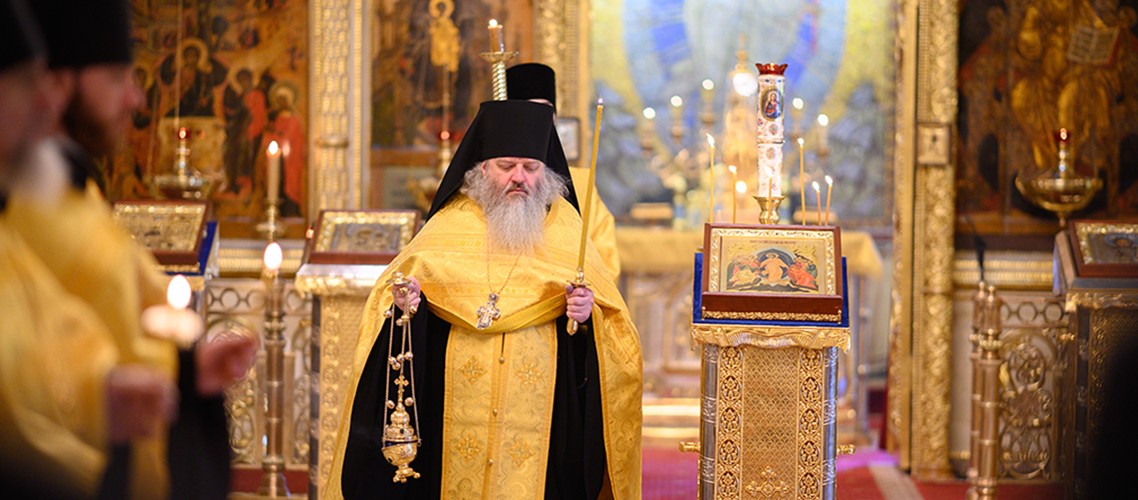
The Academy celebrated the memory of the Holy fathers of six Ecumenical Councils
On July 31, the Church recalls the era of six Ecumenical Councils (IV-VII centuries) and prayerfully honors their participants. The Orthodox (“ὀρθός” – “correct, right” and "δόξα" - "teaching") means a true teaching about God and Christians who have been following it.
The period of Ecumenical Councils takes an exceptional place in the Church history. It marks the bloom of Christian theological ideas and the formation of a new conceptual language, which enabled to talk clearly about relationship between God and a man. At that time some basic philosophical concepts like “face”, “nature”, “will” appeared and later they made a great impact on the ideology of a European civilization.
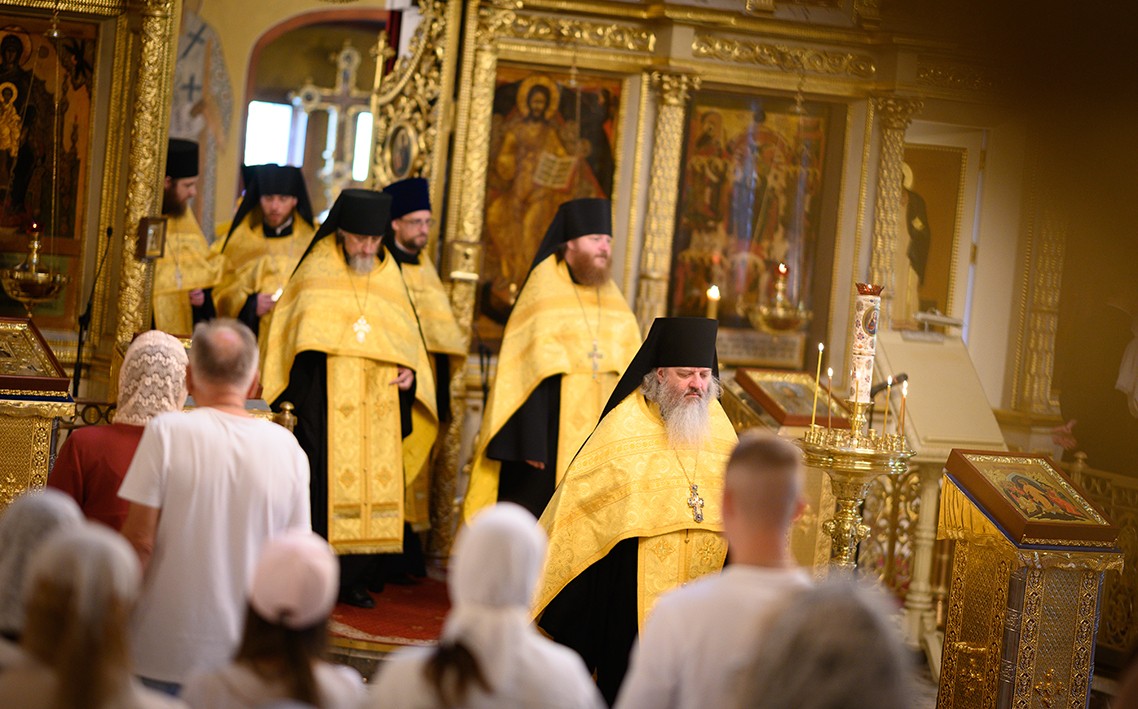
In this context, the Church especially glorifies the Holy fathers, who were participants in the Ecumenical Councils. They spoke for the divine mysteries and became the keepers of an apostolic tradition. There is a myth that the Holy fathers created the Christian teaching themselves. In fact, the holy fathers did not bring any new ideas or teachings that would differ from Christ’s words, but developed a special theological language expressing incomprehensible religious phenomena.
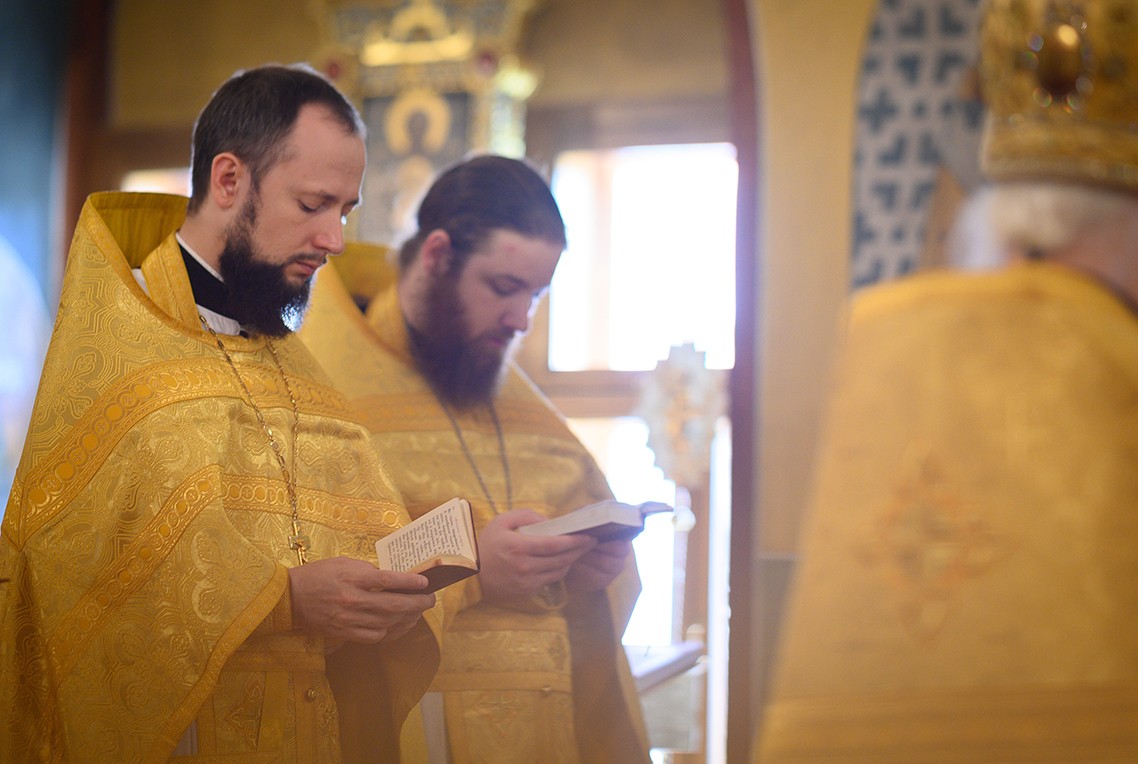
What example do the Holy fathers set for the Christians now?
Nowadays, in the information age the Holy fathers become an example of zealous concern for the purity of Christian teaching and a serious attitude to Christian faith. Their works gives answers to vital questions of faith, dogmatic definitions and explain mystical experience of communion with God. Dogmas are not a set of abstract theoretical concepts about faith. They are sure signs leading towards Christ. Vladimir N. Lossky, an Orthodox theologian of the XX century, in his work “Essays on the Mystical Theology of the Eastern Church” said:
Looking from a spiritual point of view, the struggle for dogma, which the Church has been had for centuries shows us the deep concern of the Church, because in each historical period it tried to provide the Christians with an opportunity to have a union with God.
On July 30, Hegumen Gerasim (Dyachkov) officed the All-night vigil at the Intercession Academic Church. On the following day, Archimandrite Venedikt (Knyazev) celebrated the Divine Liturgy co-served by the clergy of the academic church.
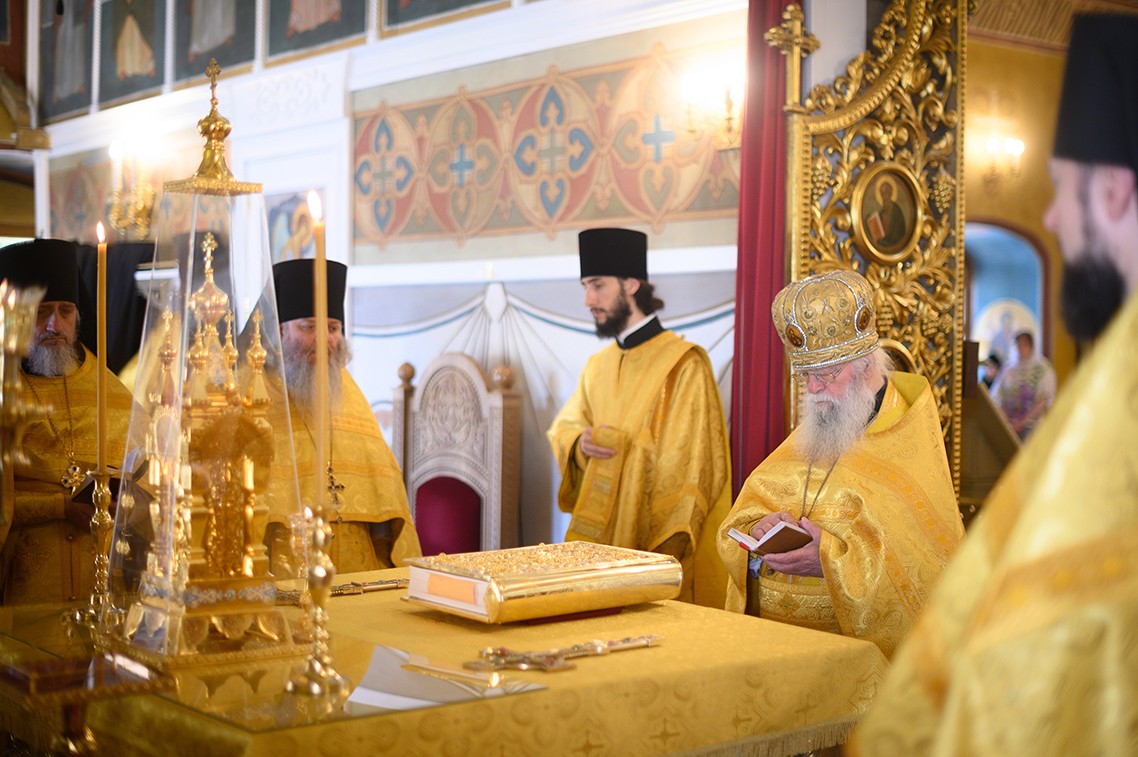
After the Sacrament verse, Peter Trofimov, a first-year Master's student, delivered a sermon, in which he an attention to the connection between the doctrine of the faith and a spiritual life.
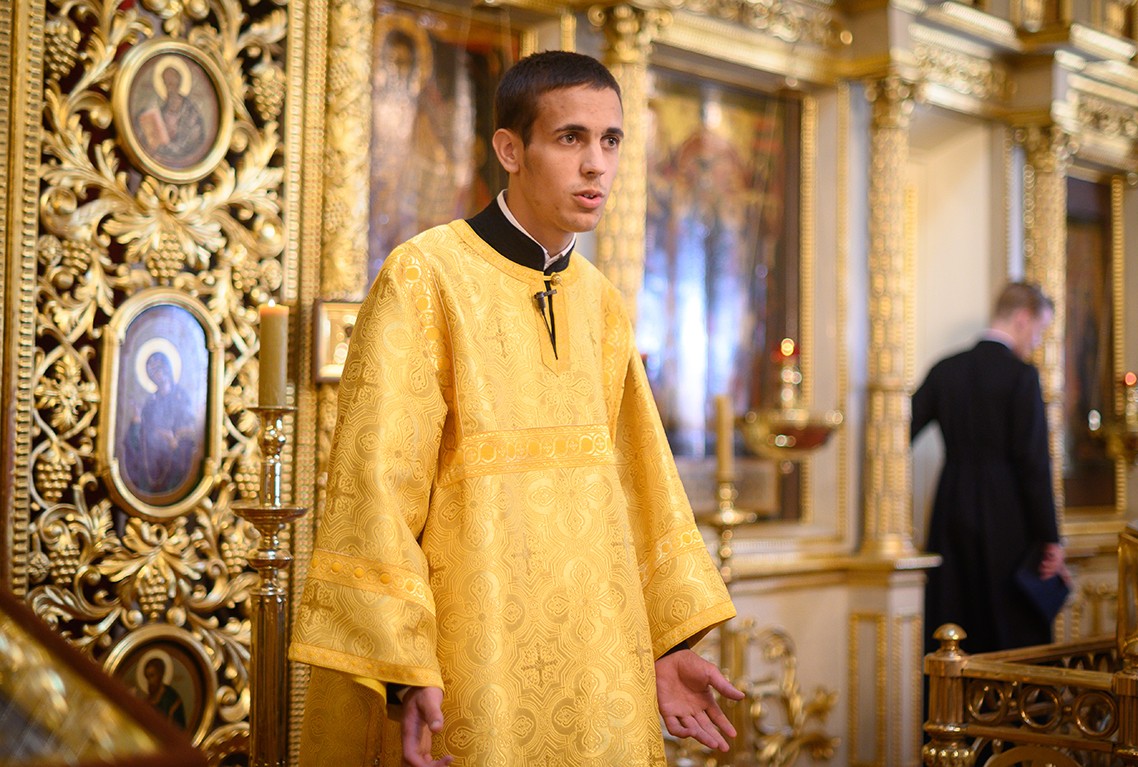
Background information:
At the All-night vigil Hegumen Gerasim (Dyachkov) co-served with Hegumen Meletiy (Sokolov), Hieromonk Varnava (Losev), Priest Pavel Lizgunov, Hieromonk Athanasius (Italo), Hieromonk Procopius (Rudchenko), Hierodeacon Job (Urum).
At the Divine Liturgy, Archimandrite Venedikt (Knyazev) co-served with Hegumen Gerasim (Dyachkov), Hegumen Melety (Sokolov), Hieromonk Varnava (Losev), Hieromonk Vyacheslav (Sorokin), Priest Pavel Lizgunov, Hieromonk Athanasius (Italo), Hierodeacon Job (Urum).
Chanting performed by female choirs under the conduct of S.P. Borovinskaya and K.A. Tarelkina.
MThA Press Office
